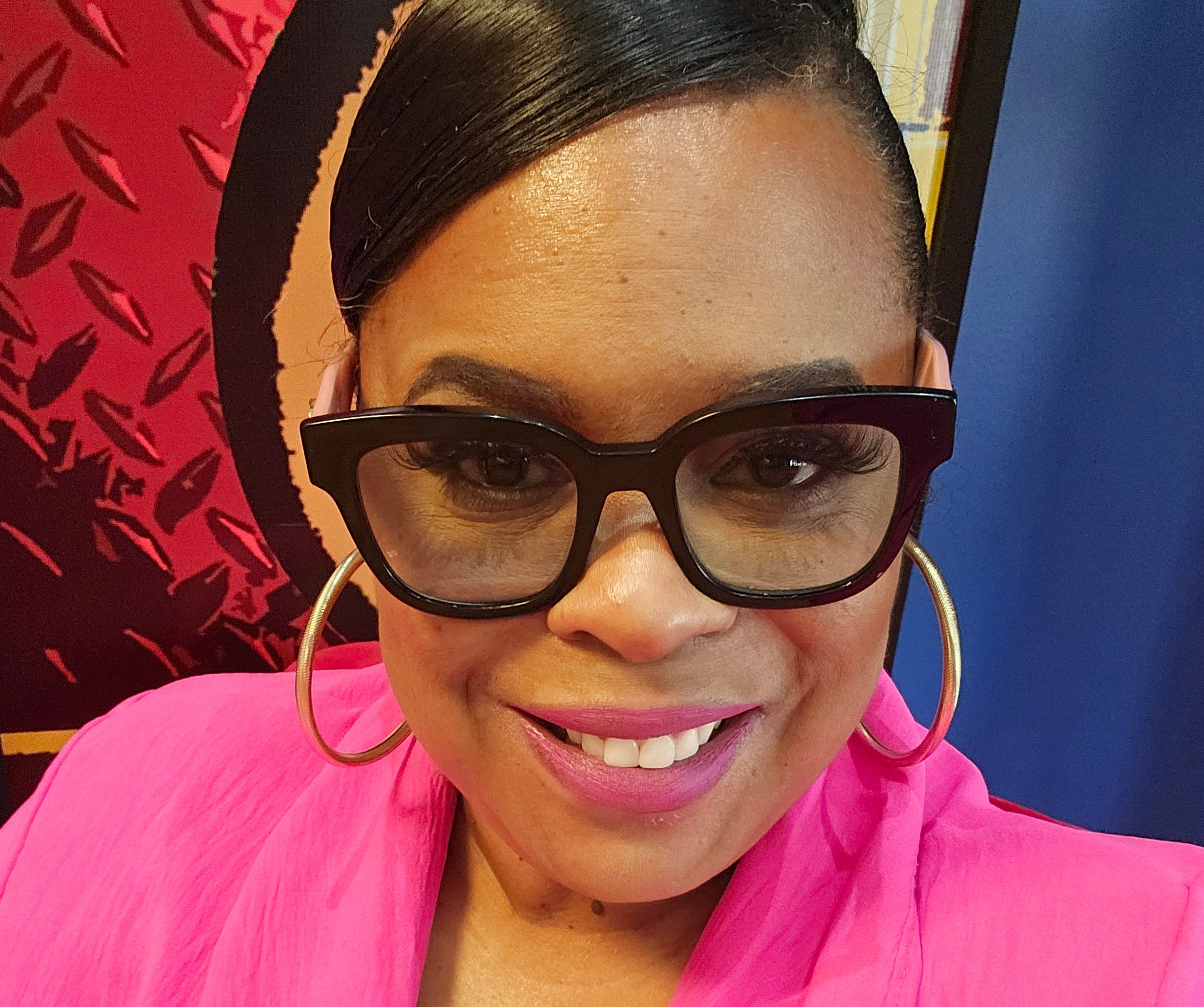
While breast cancer is often thought of as something to be proactive about after 40, in this series, Breast Cancer At Any Age, we speak to women who had scares or battled breast cancer at a much younger age than expected.
“I want you to do me a favor.”
Those were the words shared by Valeda Keys’ nurse when she was 27 years old, getting her routine well-woman exam. That favor would be the beginning of her efforts to keep breast cancer at bay.
“She said, ‘I want you to get mammograms every year around the same time because your mother had breast cancer at the age of 36,'” Keys recalls. Her mother survived two bouts with cancer, both in the same breast. “‘So I want you to get mammograms starting this year, and we’re just going to make sure that everything looks good every year because you have this family history.'”
Without fail, every year, from the age of 27, Keys obtained a mammogram. Her results were negative every year — until she turned 37. Thankfully, her efforts would allow her and her doctors to catch early stage ductal carcinoma following a biopsy. Soon after, she did genetic testing and found out that she, through her maternal side, carried the BRCA2 gene mutation. Following a lumpectomy to remove the cancer, getting on tamoxifen, the medication to treat breast cancer, and having mammograms every six months, she thought she would be in the clear. However, a year and five days later, at 39, she found out she had it again in her right breast. Like her mother, she was facing two bouts with the disease.
“At that point, that’s when I was given slim to none choices so I went ahead and got a double mastectomy because it was basically trying to kill me,” she says.

Though necessary given the return of her breast cancer, it wasn’t an easy decision for Keys to make. She felt a lot of anger knowing that her journey would be a lot longer than she expected. And after the surgery, she was overwhelmed by an array of feelings.
“I could say it was an emotional rollercoaster for a while, but I got through it through prayer,” she recalls. “And knowing that I had a one percent chance of getting breast cancer again, that made me feel good, but it was very emotional. I had emotional support from my husband.”
Following her surgery journey, knowing her genetic testing results, and keeping up with her yearly well-woman exams, Keys got serious about being an advocate for breast cancer awareness, especially for people in her family since they were now aware of the BRCA2 gene mutation.
“I’m an identical twin, so just praying and doing research and making my friends and family and my community aware, that’s what has given me strength,” she says. “It’s important for me to be vocal because like I said, I’m an identical twin and my sister has not been diagnosed with breast cancer, but she does have a gene mutation and we both have granddaughters. I just believe that it’s something that I’m supposed to do while I’m here is to share awareness.”
She’s also supporting other women on their journey with the disease. She even wrote a book, My Strength Is Your Strength, which recorded her own experiences to help others cope with their diagnosis in an honest and real way. In addition to that, she created a non-profit organization called Valeda’s Hope to physically support women as they heal from surgeries for breast cancer. That involves, among other things, delivering recliners to women all over the country and abroad. This type of furniture was a game changer for Keys’ own healing.
“Once you have a double mastectomy, you really can’t rest because you have to come home with drains and it’s just an uncomfortable feeling,” she tells us. “So what we do with Valeda’s Hope, we deliver recliners, give recliners free to women that undergo a double mastectomy. And that’s just a portion of what we do, but we also educate young girls on the importance of knowing what’s normal and what’s not, knowing what to report and what not to report.”
This Breast Cancer Awareness Month and onward, Keys is encouraging others to not be afraid to undergo genetic testing, especially if immediate family members have experienced the disease. With knowledge of what you could truly be dealing with comes power. And for Keys, that knowledge has allowed her to make the best decisions for herself and her family, and in turn, have her life and appreciate it more than ever.
“I live by taking things one second at a time,” the survivor says. “I don’t take it one day at a time anymore. I take one second at a time because your life can change in just a phone call.”
Previous Breast Cancer at Any Age: Breast Cancer At Any Age: After Three Generations Of Women In Her Family Battled The Disease, Ashley Dedmon Had A Preventative Double Mastectomy At 31




